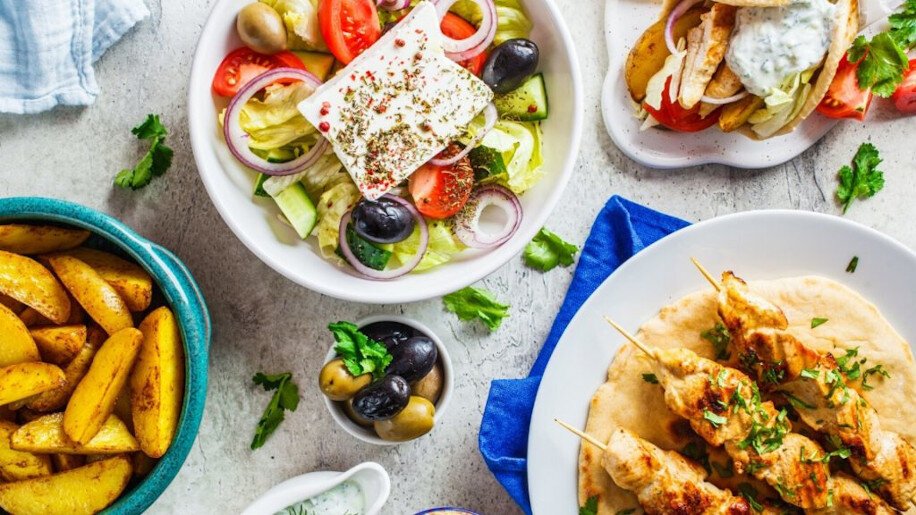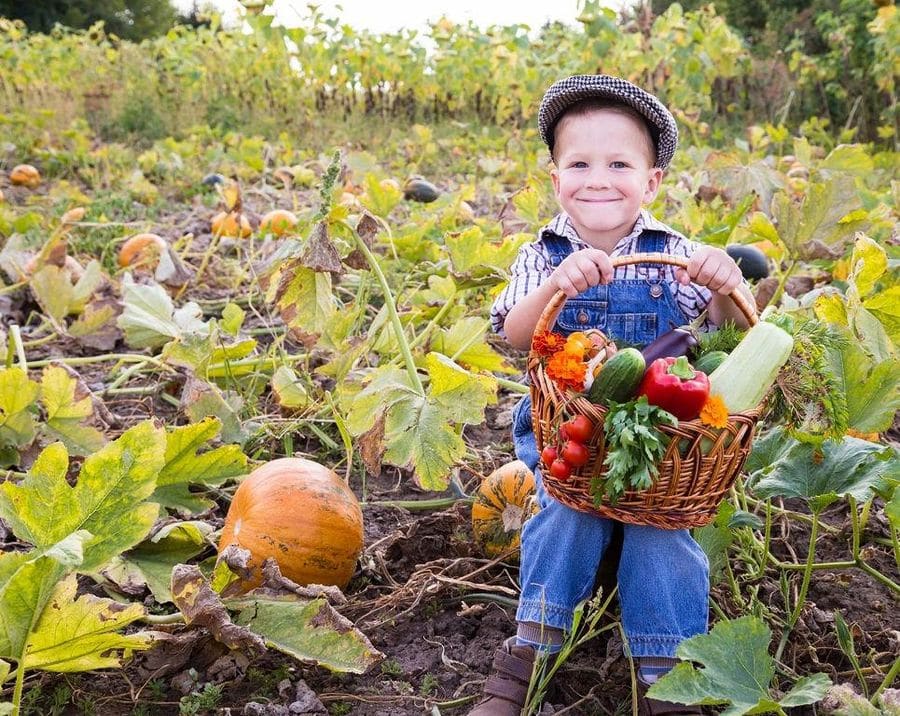Food tourism is all about a shared experience, meeting like-minded foodies or breaking bread with locals in a street-side eatery. Like much of the travel and tourism industry, food-focused businesses have been heavily impacted. Food is an important part of cultural heritage, keeping destinations vibrant and authentic.
With social distancing norms and a stricter focus on health and hygiene, how will the pandemic reshape the culinary landscape? TravelMole talked to Erik Wolf, executive director of World Food Travel Association for his thoughts and predictions.
How do you see the future for independent street food vendors? Particularly those in countries where food hygiene rules are already lax. Can they survive and should they get some local government support?
We see two scenarios – a short-term and long-term. Longer term, we see business as usual. Shorter term, things will be tough. Street food and market vendors will need to follow the regulations put in place in their countries. Businesses will suffer initially from lack of clear communication about the rules for vendors.
We also expect many vendors could simply ignore the rules. We see cultural norms affecting compliance as well. In northern Europe, US, Canada and Australia, for example, we expect to see much more compliance – near 100% in countries like Germany or Sweden. In other countries, it’s anyone’s guess as to what will happen.
Can street food tours still be an immersive, social experience? Will small group tours even still be welcome in crowded night markets or hawker centres?
Yes. Obviously protections will need to be taken into consideration. Masks might need to be worn, which will affect the overall experience. We expect the maximum numbers of guests to be limited – for example to 4 or 6 per departure. Private tours might also do well (where all participants already know each other either as family or friends.) I think a better question to ask – will night markets still be as crowded or will capacity be controlled?
Will the traditional free-for-all buffet experience ever return? If so, how will it differ?
Short-term we don’t see buffets happening – at least not as much. Replacing them will have to be table service with more wait staff. Businesses will have to learn how to deliver table service in environments where it was never done before. There will be a learning curve and errors will be made. In places like airport lounges, you’ll see pre-packaged sealed food, similar to what many airlines are doing now. Turkish Airlines is offering business class passengers a ‘meal box’ – a frightful offering for anyone used to business class service. However, this is the only option we see being offered right now.
Meetings and Events catering: how will hotels and conference centers adapt?
Great question. Local regulations will play a big part. You may see some of the pre-packaged food being offered which could mean no basket of croissants or pastries on the morning coffee table. Many venues already offer waiter service, and you may see waiters wearing gloves and/or masks. Gloves are not uncommon in the hospitality industry. For example, taxi drivers in Korea and Japan wear gloves and it doesn’t seem strange to them, although it might seem more formal to Westerners.
I hope that venues would go for washable gloves rather than the plastic ones, as reverting to plastic will only contribute to the already gigantic problem of plastic waste in the world. There is also a line of thinking that gloves don’t really help because people touch their faces anyway, and only alcohol gel should be used. The bottom line here is whatever the governments and medical professionals advise, that is the process that meeting venues and event caterers will need to follow.
Erik Wolf is industry founder & executive director of World Food Travel Association
Source: travelmole.com




